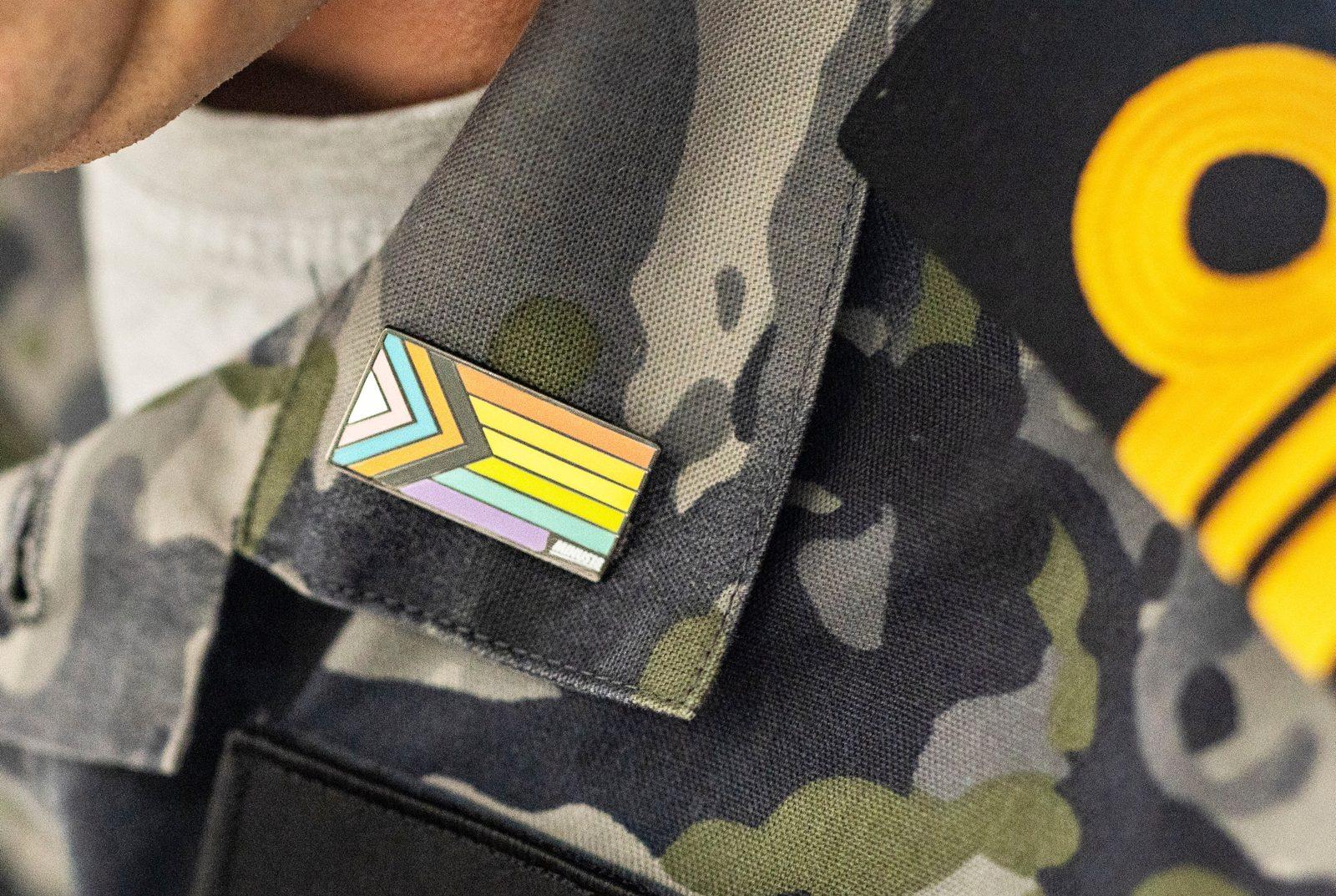
Amid ADF recruiting and retention woes, outreach and support to current and future LGBTQ+ servicemembers falls short. This error is leading the ADF to miss out on strong candidates who may otherwise stay or enter the service.
In 2023, only 6 percent of the APS-Defence identified as being a member of the LGBTQ+ community. Nationally, some surveys indicate that up to 11 percent of the Australian population identifies as LGBTQ+. While there is no data on the number of LGBTQ+ servicemembers in the ADF, it is reasonable to assume that number is similar or lower than APS figures.
The 2023 Defence Culture Strategy Blueprint mentions the importance of diversity five times within 22 pages. Yet, it does not include concrete plans of how to improve the work environment for LGBTQ+ servicemembers, nor does it mention the terms LGBTQ+, gay, transgender or queer.
As the ADF continues to face these challenges, outreach and support to the LGBTQ+ community in the force should receive higher focus. But to do this, the ADF will need to take into account its history with this community.
Even into the 1990s, the ADF actively found and expelled LGBTQ+ service members from the service. It took another 17 years for LGB servicemembers and their partners to receive the same benefits as their heterosexual counterparts. Since 2010, transgender Australians have been allowed to serve openly. While the ADF has improved its visibility efforts within the LGBTQ+ community, more work must be done.
Prime Minister Paul Keating ended the LGB ban on service in 1992 despite opposition from certain military organisations like the Returned and Services League. Baseless claims motivating this opposition ranged from loss in morale, impacts on combat effectiveness and even mass-resignations from ADF servicemembers. None of this happened. Ironically, it may have improved productivity and the working environment for servicemembers overall.
Yet the situation still needs improvement. The most recent survey of gay Australian Army personnel, conducted in 2013, indicated that approximately 40 percent of respondents were harassed due to their sexuality and 30 percent hid their sexuality from their fellow comrades.
Due to the lack of more recent survey data, it is difficult to define the extent of homophobia faced by LGBTQ+ servicemembers today, or if attitudes have improved. The legacy left behind from decades of harassment and discrimination may still be impacting the success of outreach to the LGBTQ+ community. To understand the depth and magnitude of this fact, it is critical that the ADF performs more research on the effectiveness of the efficacy of outreach programs and address how they can be improved.
The 2023 interim report of the Royal Commission on Veteran Suicide found ‘unacceptable behaviours, again, especially directed towards women, LGBTQ+ community, culturally and linguistically diverse (CALD) workers, and Aboriginal and Torres Strait Islander workers’ was a significant cause of veteran suicide.
Despite these concerns, the Blueprint does not identify mechanisms to address these behaviours but commits to greater action in the report. Broadly, the goals noted are important but they lack any metrics to measure success. This increases the risk of falling short. Furthermore, without a specific plan, these goals will just turn into buzzwords that do not invite the necessary change and represent a missed opportunity to improve the lives for all its servicemembers.
The ADF should perform more in-depth annual surveys around demographics, bullying and harassment for servicemembers and be transparent about the results. The Monitoring and Evaluation section of the Blueprint sets out a great framework to accomplish this. However, it is up to the ADF as an institution to see these objectives achieved.
The Final Report of the Royal Commission on Veterans Suicide notes that there is little data on LGBTQ+ veterans or soldiers collected by Defence. Well-crafted surveys will provide an effective tool to measure how policies in the Blueprint are affecting servicemembers.
Higher-ranking ADF members would also benefit further from engaging with lower-ranked personnel to hear their stories and to identify meaningful goals together. It is particularly important for ADF leadership to meet these personnel where they are with genuine care and intentionality.
The history of the military and LGBTQ+ is complex and is too often filled with pain for those in the sexual minority. The memories of trauma and homophobia do not go away overnight and the ADF must ensure a deliberate approach. This requires first acknowledging the history, discussing what has been done to rectify it, and most importantly, ensuring that those who want to serve and are serving have the capacity to do so in the way that they choose. Creating meaningful and measurable goals will achieve this.
A deliberate approach that meets people where they are and shows genuine care for their future may help change the script.